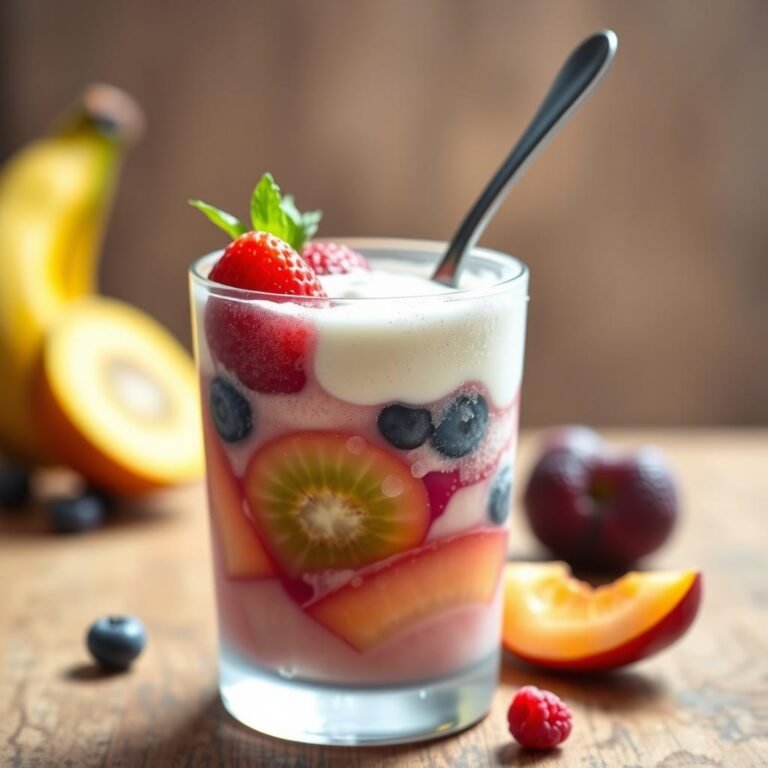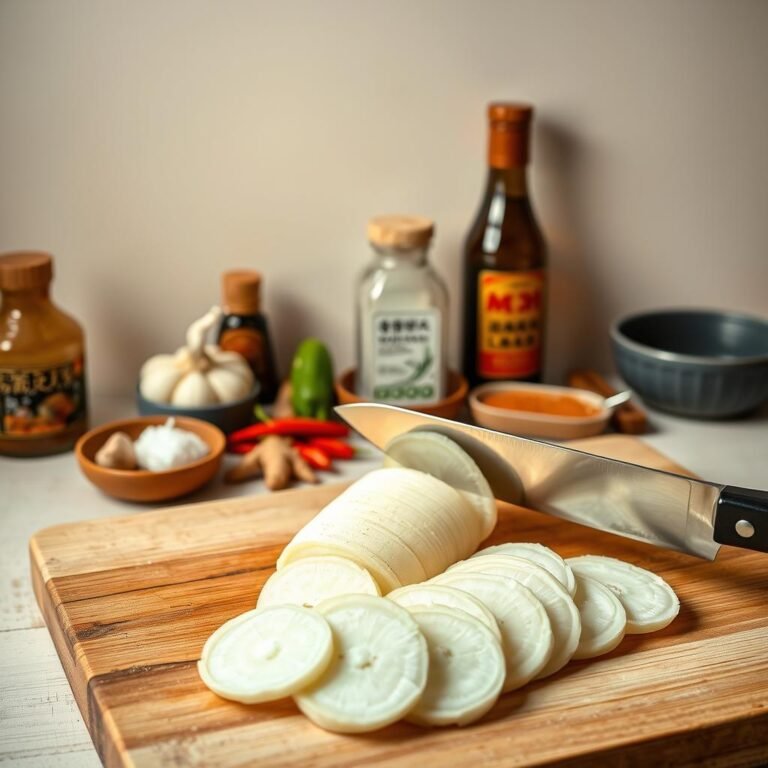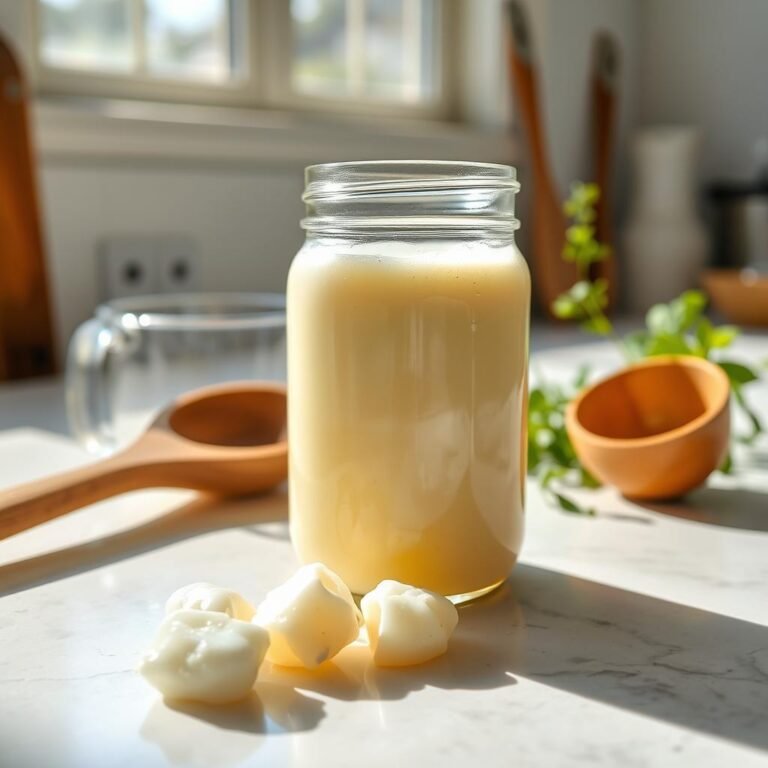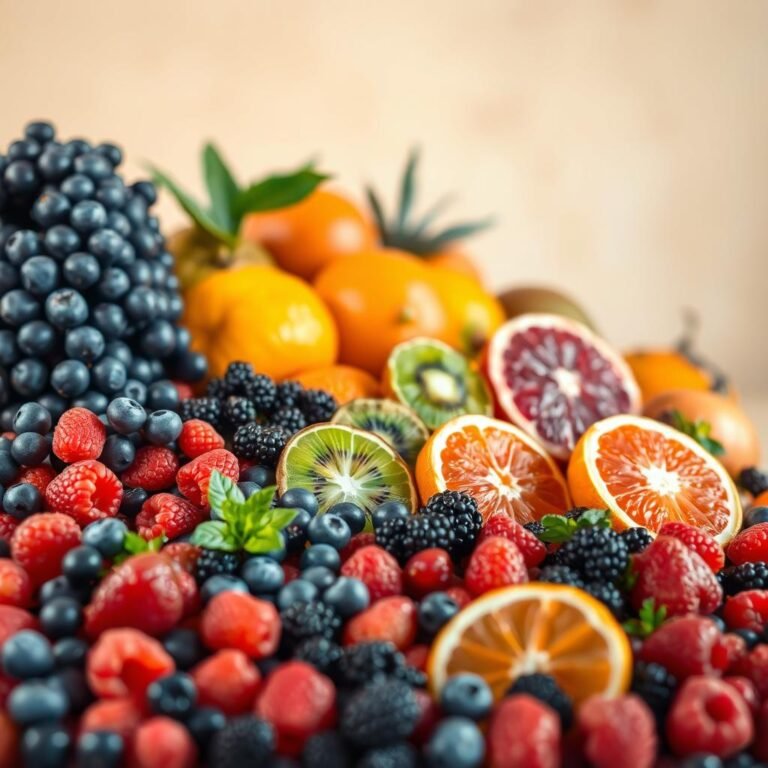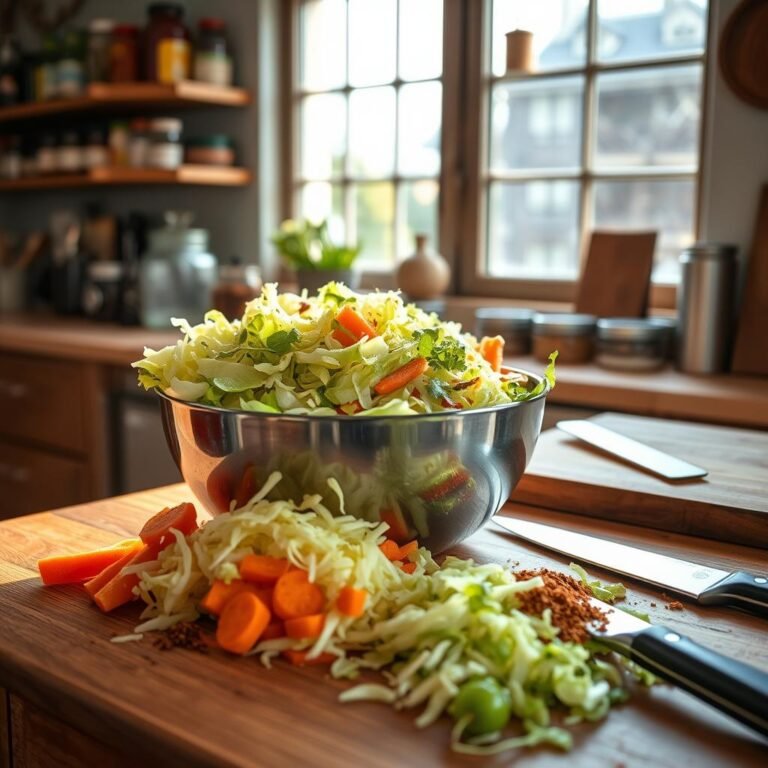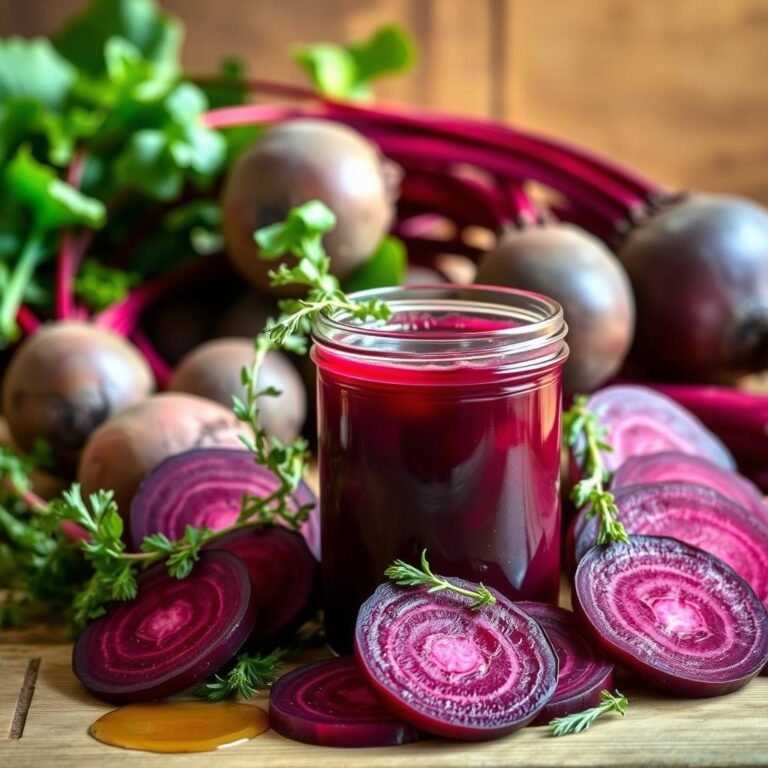Using Probiotics for Gas Relief: What Really Works?
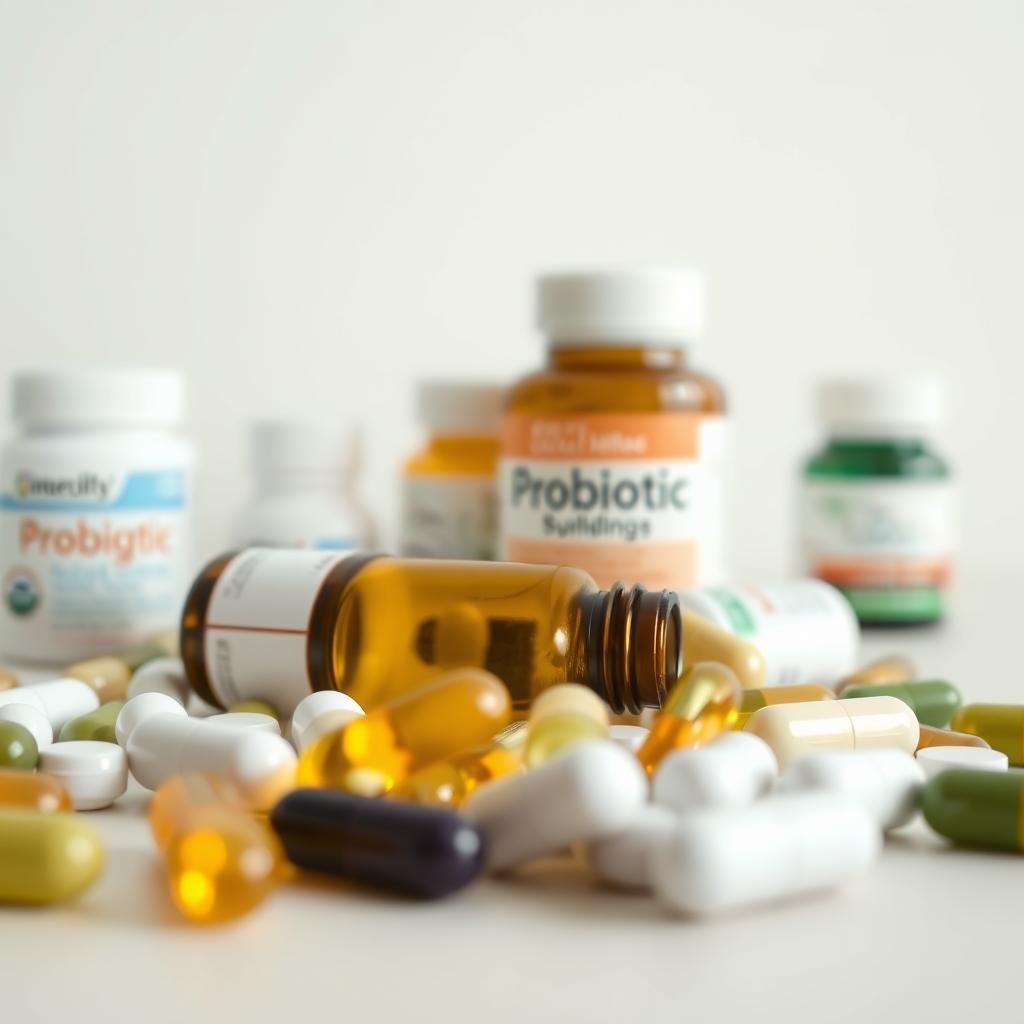
Living with gas can be really uncomfortable. Finding good solutions is key. Probiotics, which are good bacteria, help with digestion and can ease gas and bloating.
Probiotics for stomach issues are becoming more popular. They help balance the gut. For those with too much gas, certain probiotics can make a big difference. This article will show how probiotics can help with digestive issues.
Studies show some probiotics can lessen gas symptoms. Optibac Probiotics explains how certain strains can help with flatulence.
We will look at how gut health and probiotics are connected. These tiny helpers can greatly improve digestion. Keep reading to find out the best probiotics for gas relief and how they can help your digestion naturally.
Understanding Probiotics and Their Role in Gut Health
Probiotics are live microorganisms that help our health. They are found in our bodies and in some foods. They keep our gut healthy and balanced.
What Are Probiotics?
Probiotics include bacteria and yeast that are good for us. Lactobacillus and Bifidobacterium are key for our gut. They help break down food and absorb nutrients.
But, it’s important to talk to a doctor before taking them. They can help find the right kind and amount for you.
How Probiotics Support Digestion
Probiotics help with digestion by fixing an imbalance in the gut. This imbalance can cause digestive issues and make it hard to absorb nutrients. Probiotics add good bacteria, improving digestion and nutrient absorption.
They also make substances that stop bad bacteria. This lowers the chance of getting sick. Remember, probiotics aren’t checked by the FDA. So, getting advice from a doctor is key for safe and effective use.
Symptoms and Causes of Gas and Bloating
Gas is a natural part of digestion. But too much gas and bloating might mean there’s a health problem. Knowing the signs and causes can help find the right treatment. This includes natural remedies for gas relief.
Common Causes of Gas
Many things can cause too much gas and bloating. This includes what you eat, how you live, and some health conditions. Common reasons include:
- Carbohydrate malabsorption, such as lactose and fructose intolerance.
- Small intestinal bacterial overgrowth (SIBO).
- Functional digestive disorders like IBS and functional dyspepsia.
- Hormonal influences, like estrogen, that can cause water retention.
- Bowel obstructions and constipation.
Symptoms to Watch For
It’s important to know the signs of gas and bloating. This helps tell normal digestion from serious problems. Key signs include:
- Abdominal pain and distention.
- Frequent belching or flatulence.
- A feeling of fullness or tightness in the abdomen.
- Visible swelling of the stomach area.
If you have ongoing or severe symptoms, see a doctor. They can check for serious issues and suggest natural remedies for gas relief.
How Probiotics Can Help with Gas Symptoms
Probiotics are live microorganisms that help balance gut bacteria. They improve digestion and reduce gas. By fighting off bad bacteria, they make the gut healthier and lessen gas and bloating symptoms.
Mechanisms of Action
Probiotics fix the balance of gut bacteria, which can get upset by diet, antibiotics, and stress. This balance is key for good digestion and avoiding gas and bloating. The best probiotics for gas make food break down better, reduce fermentation, and cut down gas production.
Scientific Evidence Supporting Probiotics for Gas Relief
Many studies show probiotics help with gas symptoms. Certain strains, like Lactobacillus and Bifidobacterium, are very effective. For example, Lactobacillus acidophilus and Bifidobacterium breve are well-studied and recommended. The Cleveland Clinic says these strains fight off bad bacteria and keep the gut healthy, which helps with gas and bloating.
Let’s look at some top probiotic strains for bloating and gas:
| Probiotic Strain | Benefits |
|---|---|
| Lactobacillus acidophilus | Reduces gas production by improving lactose digestion |
| Bifidobacterium breve | Alleviates bloating by improving gut barrier function |
| Lactobacillus plantarum | Combats harmful bacteria and reduces gastrointestinal discomfort |
| Bifidobacterium longum | Improves overall digestion and reduces inflammatory responses |
These strains are often the top picks for gas relief. They are key to digestive health supplements. The science backs them up, showing they help keep the gut balanced and fight off gas and bloating naturally.
Best Probiotic Strains for Gas Relief
Certain probiotic strains are great for reducing gas and bloating. They help balance the gut and improve digestion. This makes them good for easing discomfort in the stomach.
Lactobacillus Genus
Lactobacillus is known for helping with gas. L. acidophilus is a top choice because it breaks down lactose. This is a big help for those who get gas from milk.
Lactobacillus plantarum also helps by strengthening the gut lining. It also has anti-inflammatory effects. This makes it great for reducing gas.
Bifidobacterium Genus
Bifidobacterium is good for cutting down on bloating. B. longum and B. bifidum are key players. They help digest food better and stop bad bacteria.
They also make short-chain fatty acids. These acids are good for the gut. They help reduce bloating and improve overall gut health.
Probiotics for Gas Relief
Adding probiotic supplements for gas to your daily routine can help a lot. They keep your gut healthy by balancing the good bacteria. This is key for good digestion.
Probiotics help grow good bacteria in your gut. This makes food break down better and cuts down on gas.
Using probiotics regularly keeps your digestion healthy. They help keep your gut balanced and working right. This means less gas for you.
For those who get gas a lot, probiotics are a natural fix. They are a big part of keeping your gut healthy. They work well with what you eat and how you live.
Probiotics for Bloating: What You Need to Know

Feeling bloated all the time can be really uncomfortable. It often has to do with how healthy your gut is. When your gut’s balance is off, you might feel more gassy, inflamed, and bloated. Taking care of your digestive health can help fix these problems and make you feel better overall.
The Connection Between Bloating and Gut Health
Bloating usually happens when your gut’s balance is off. Too much bad bacteria or not enough good bacteria can cause gas and poor digestion. By working on your digestive health, you can fix these problems. Probiotics can help bring your gut back into balance, making you feel better.
How Probiotic Strains Target Bloating
Some probiotics are better at fighting bloating than others. They help your gut move food better, absorb nutrients, and control gas. For example, Lactobacillus and Bifidobacterium are great for this. They help break down food that can cause gas and discomfort. Adding these probiotics to your routine can really help with your digestive health.
The table below shows some key probiotic strains and how they help with bloating:
| Probiotic Strain | How It Helps With Bloating |
|---|---|
| Lactobacillus acidophilus | Improves lactase production, aiding in lactose digestion |
| Bifidobacterium lactis | Enhances gut motility and reduces inflammation |
| Lactobacillus Plantarum | Decreases inflammation and balances gut flora |
| Bifidobacterium bifidum | Regulates bowel movements and prevents pathogenic growth |
Choosing the Right Probiotic Supplement
Finding the right probiotic supplement is key for better gut health and less gas. Not all supplements are the same. You need to think about a few important things.
Factors to Consider
First, make sure the supplement has at least 1 billion CFUs. This is the minimum for good results. Also, check that it has live and active bacteria. These are best for your gut health.
The types of bacteria in the supplement are very important. Look for Lactobacillus, Bifidobacterium, Bacillus, and Saccharomyces boulardii. Each type has its own benefits for gas relief.
Reading the Labels for Quality Assurance
Reading labels is key for quality and effectiveness. Look for clear labels with specific strains and CFU counts. Choose products from trusted makers with scientific backing.
Storage info is also vital. Some probiotics need to be kept cold. Make sure to check the expiration date too.
Encapsulated probiotics with a food source work better. For more tips on picking the best probiotics, check out this guide.
By focusing on these points, you can pick quality probiotics. They will help with gas and improve your digestion.
Probiotic-Rich Foods for Natural Gas Relief
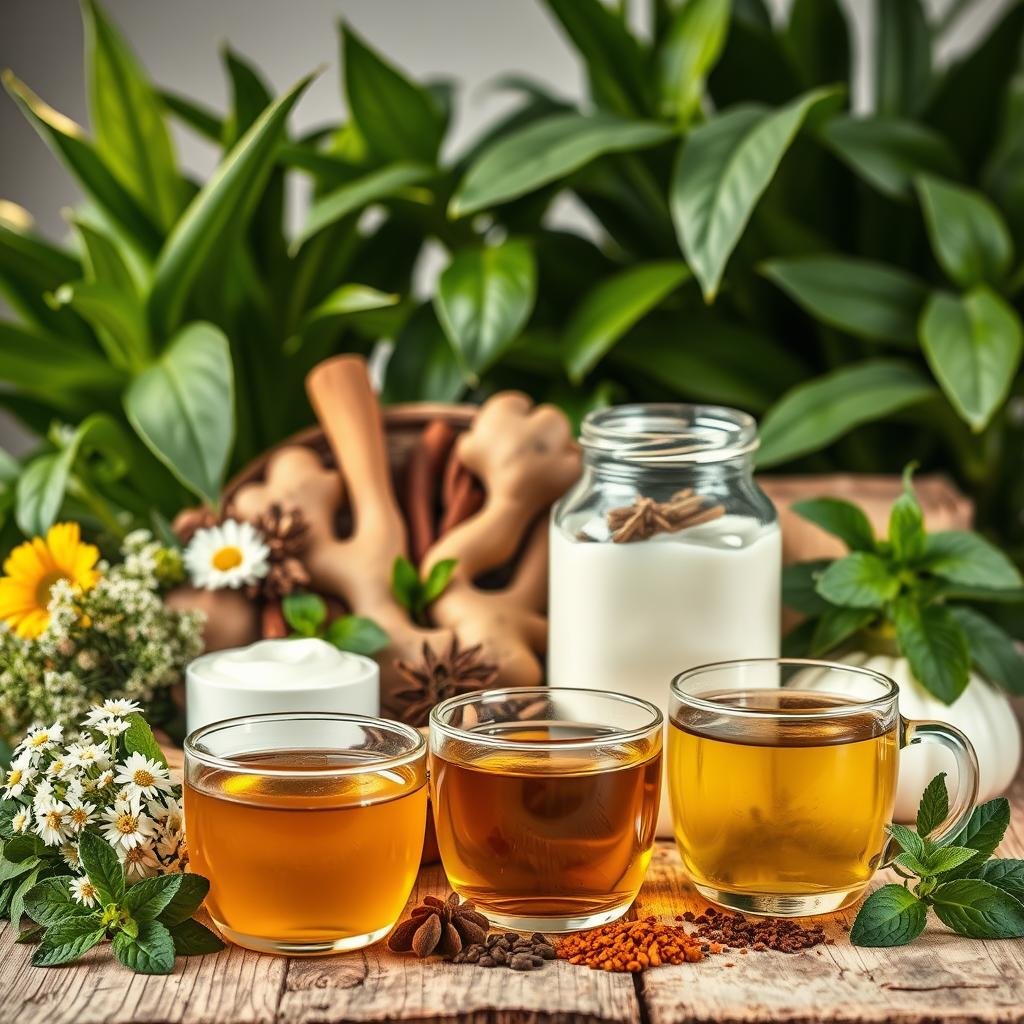
Looking for natural ways to ease gas can really improve your life. Eating foods rich in probiotics is a great start. These foods help your gut and can ease gas and bloating.
Fermented Foods and Drinks
Foods and drinks that are fermented are full of probiotics. Yogurt is a top choice because it’s loaded with good bacteria. Studies, like one on Healthline, show it helps with bloating and belly discomfort from IBS. Kefir, another fermented milk, is also packed with probiotics and boosts your immune system and gut health.
Daily Dietary Tips for Incorporating Probiotics
Adding probiotic-rich foods to your meals is easy with a few tips:
- Begin with yogurt or kefir for breakfast to get a probiotic boost.
- Try sauerkraut or kimchi as a tasty side dish for lunch or dinner. It’s good for your gut and taste buds.
- Drink kombucha, a fermented tea, for probiotics. A study found it helps with constipation and bloating in just 10 days.
Eating these probiotic-rich foods regularly can help with gas relief and improve your digestion. For more tips on managing bloating with diet, check out this guide on probiotic-rich foods.
Common Side Effects and Considerations
Knowing the side effects of probiotics is key for a good experience. Many people do well with probiotics, but some might feel a bit off.
Potential Side Effects
Probiotics can change your gut’s bacteria, causing gas or bloating at first. These effects are usually short-lived as your gut gets used to the new balance. Most people feel better in a few days.
When to Consult a Doctor
Watch how your body reacts when you start probiotics. If side effects last more than a week or get worse, see a doctor. This keeps you safe and helps fix any problems fast. It’s very important for people with weak immune systems or serious health issues, as they might face bigger risks.
Additional Natural Remedies for Gas Relief
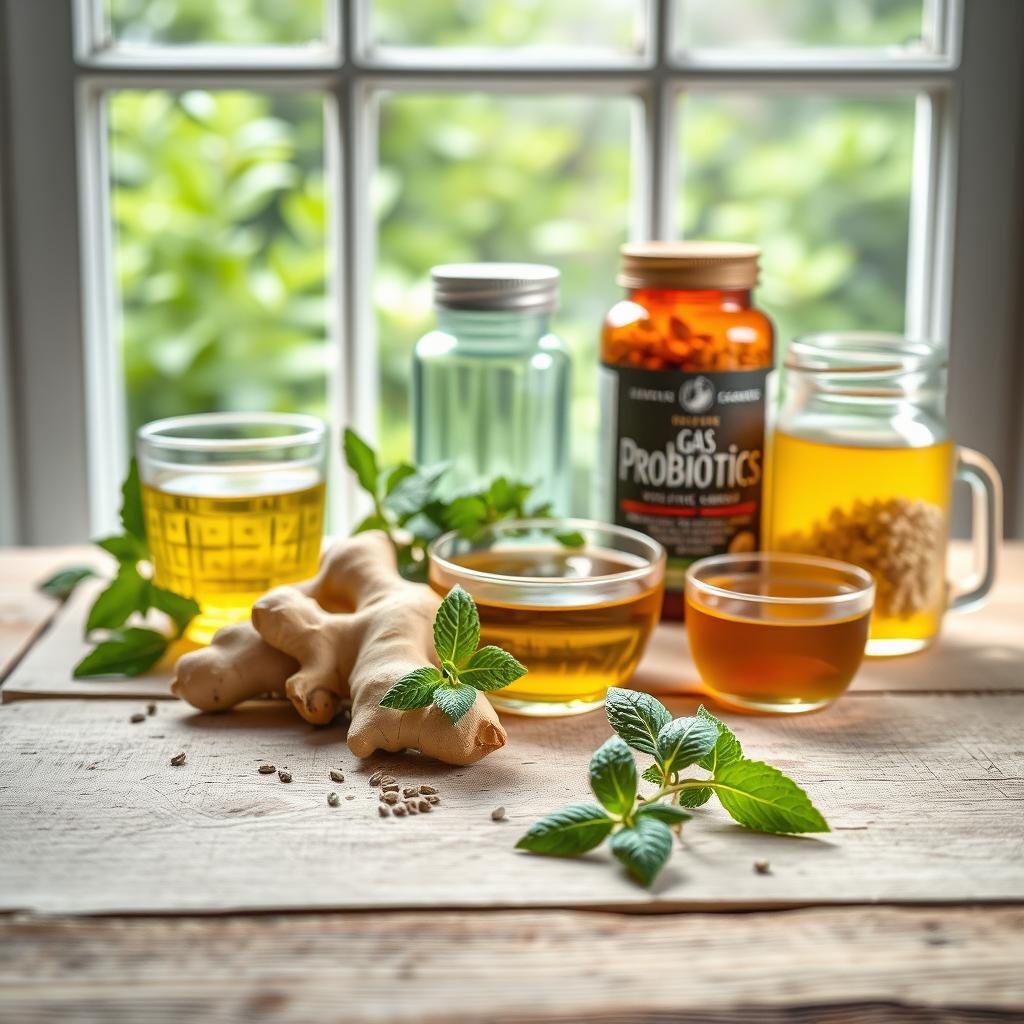
Managing gas and bloating can often be achieved through a variety of natural remedies. Integrating these into your daily routine can significantly improve digestion and overall comfort.
One of the most effective natural remedies for gas relief is the use of probiotics. Certain strains, such as those in the Lactobacillus and Bifidobacterium genera, are known to alleviate symptoms significantly. These probiotics help balance the gut flora, making digestion smoother and less prone to gas buildup.
Also, fennel seeds have been traditionally used to combat flatulence and stomach pain. Studies indicate that fennel can soothe digestive muscles, reducing gas formation.
Herbal teas, like those with anise, chamomile, ginger, and peppermint, are another excellent option. These teas aid in digestion and reduce intestinal gas. Peppermint supplements, with enteric-coated capsules, target bloating and trapped gas, providing significant relief.
Activated charcoal is another promising remedy. It traps gas molecules and helps remove them through stool. For those dealing with persistent bloating, apple cider vinegar can be beneficial. It helps manage functional dyspepsia, which includes bloating among its symptoms.
Clove oil is also used to treat various digestive issues, including gas and indigestion. More research is needed to fully validate its effectiveness.
Applying heat, like a hot water bottle or heating pad on the abdomen, can also offer relief. This method relaxes the abdominal muscles and improves blood circulation, facilitating gas passage.
Here’s a quick overview of these natural remedies:
| Natural Remedy | Usage | Evidence of Effectiveness |
|---|---|---|
| Probiotics | Balance gut flora | Strong scientific support |
| Fennel seeds | Reduce flatulence and stomach pain | Traditional use, needs more research |
| Herbal teas | Aid digestion | Traditional use |
| Peppermint supplements | Target bloating and trapped gas | Effective, specially in enteric-coated form |
| Activated charcoal | Trap and remove gas | Evidence supports its use |
| Apple cider vinegar | Manage functional dyspepsia | Effective for some individuals |
| Clove oil | Treat gas and indigestion | Traditional use, needs more research |
| Heat application | Relieve gas pain | Traditionally effective |
Using these natural remedies for gas relief can offer a holistic approach to managing and preventing this common digestive issue. Each method offers unique benefits and can be used in combination for optimal results.
Probiotics for Flatulence: Do They Help?
Flatulence, or passing gas, can be uncomfortable and embarrassing. It happens when food doesn’t get digested and ferments in the colon. This leads to gas. Adding
Understanding Flatulence
Flatulence comes from many things like diet, health issues, and gut imbalances. Foods with lots of fiber, carbs, and additives make more gas. Also, IBS and lactose intolerance can make you pass more gas.
Scientific Studies on Probiotics for Flatulence
Research on probiotics for gas shows they can help. Studies found that probiotics like Lactobacillus and Bifidobacterium cut down gas-causing bacteria. This makes digestion better and reduces discomfort from gas.
| Probiotic Strain | Study Findings |
|---|---|
| Lactobacillus | Significantly reduced the presence of gas-producing bacteria |
| Bifidobacterium | Improved overall gut health, reducing flatulence |
| Streptococcus thermophilus | Enhanced digestion, leading to less gas production |
Using probiotics for flatulence could be a good way to handle it. As more research comes in, we’ll learn even more about how probiotics help our digestion.
Addressing Gas Issues in Elderly Populations
Gas problems in the elderly can make them feel uncomfortable. It’s important to understand why this happens and find ways to fix it. This helps keep their digestive health good.
Causes of Increased Gas in the Elderly
As we get older, our body changes. Our metabolism slows down, and we make less stomach acid. These changes can make digestion less efficient, leading to more gas.
Also, some medicines that seniors take can mess with digestion. This can make gas problems worse.
Probiotic Solutions for Older Adults
Probiotics can really help older adults with digestion. Lactobacillus acidophilus, Bifidobacterium strains, and Saccharomyces boulardii are good for reducing gas and bloating.
It’s important to start with a small amount of probiotics. Watch for any side effects. This guide shows how to start small and increase slowly for the best results.
Here’s a list of probiotic-rich foods seniors can easily add to their diet:
| Food | Benefits |
|---|---|
| Yogurt | Contains active cultures to support gut health. |
| Kefir | Rich in probiotics, beneficial for digestion. |
| Fermented Vegetables (e.g., sauerkraut, kimchi) | Provide a variety of probiotic strains and nutrients. |
| Miso | Contains enzymes that aid in digestion. |
| Pickles | Fermented with lactobacillus for gut health. |
| Tempeh | A fermented soy product rich in probiotics. |
Drinking enough water is key when starting probiotics. This helps keep digestion healthy in seniors. By doing this, they can feel better and live better.
FAQs About Probiotics and Gas Relief
Probiotics for gas relief are getting more attention. People often ask about them. Knowing the answers can help you choose the right probiotics for your health.
“How quickly do probiotics work for gas?” is a common question. It varies based on your body and the probiotic type. Many see improvements in a few days to weeks. If you don’t see changes after a month, talk to a doctor.
“Are there side effects from probiotics?” is another question. Most people find probiotics safe. But, some might feel bloated or have an upset stomach at first. These feelings usually go away as your body gets used to it.
Lastly, “Can I get enough probiotics from food?” is asked a lot. Eating foods like yogurt and sauerkraut helps. But, supplements give a stronger dose of good bacteria.
In short, probiotics can help with gas. But, everyone reacts differently. Always talk to your doctor about probiotics to see if they’re right for you.
